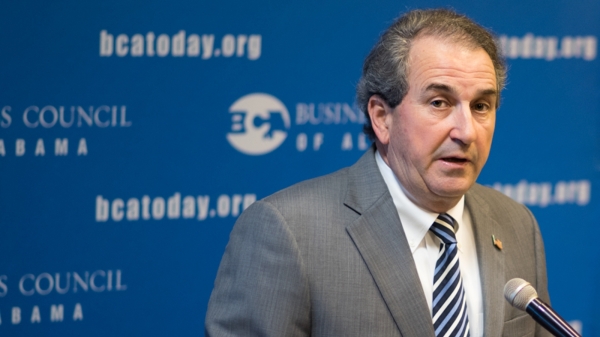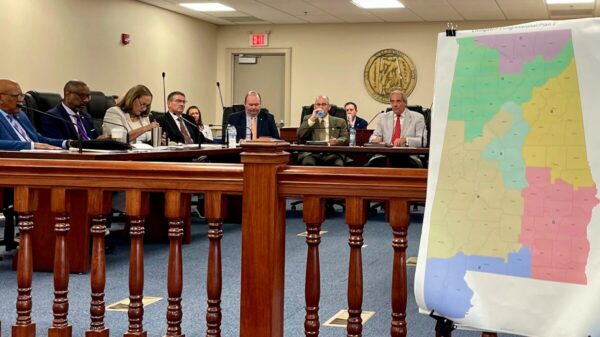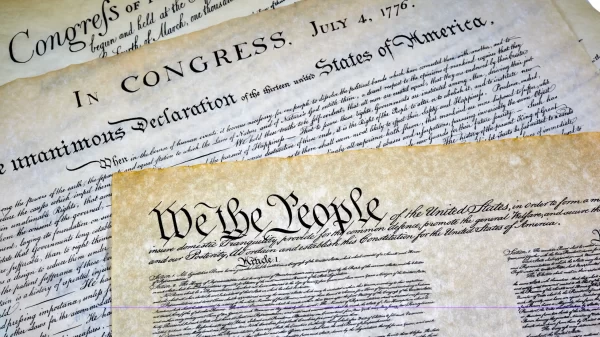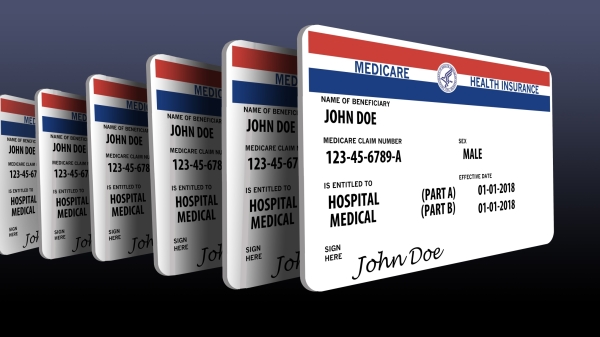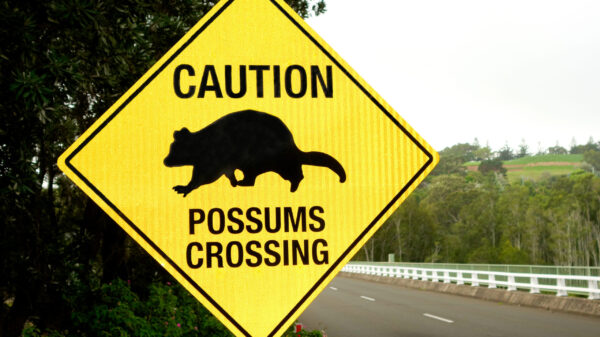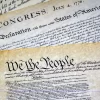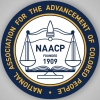During the runoff in the recent Republican Attorney General’s race, the question of whether an out-of-state Political Action Committee can donate to a candidate without complying with Alabama’s Fair Campaign Practice Act was raised but never fully answered. The Ethics Commission Executive Director seemed to say it was unlawful while the Secretary of State’s Office appeared to say it was okay.
A 2015 letter from the Secretary of State’s Office may shed some heretofore unseen light on the matter.
At issue was whether or not the Washington-based Republican Attorneys General Association, a federally registered 527 PAC, could legally give money to candidate Steve Marshall.
The group eventually contributed over $700,000 to Marshall who won the Republican nomination and will face Democrat Attorney General candidate Joseph Siegelman in the fall general election.
A 527-organization or 527 PAC is a tax-exempt organization organized under Section 527 of the U.S. Internal Revenue Code (26 U.S.C. § 527). A 527 is created primarily to influence the selection, nomination, election, appointment or defeat of candidates to federal, state or local public office.
During the public debate over RAGA’s financial role in Marshall’s campaign, Alabama Ethics Commission Executive Director Tom Albritton said that he had advised other campaigns that they could not receive such contributions as Marshall was receiving from RAGA. He also told al.com’s Kyle Whitmire, “if an out-of-state PAC gives to an Alabama candidate, it is obligated to register and file reports just like Alabama PACs.”
RAGA is not registered with the state and doesn’t file reports in accordance with state law like other PACs who contributed to campaigns during this election cycle.
However, Secretary of State John Merrill’s offices was quoted as saying, “the [Ethics] [C]ommission has the final authority to ‘issue guidance’ on the matter and should do so.”
However, Merrill’s office was not so deferential in 2015, when Secretary Merrill wrote a letter to the Mississippi Secretary of State.
In a letter to the Mississippi Secretary of State on September 21, 2015, Alabama Secretary of State Merrill outlines how it is illegal for any out-of-state political action committee to give money to an Alabama candidate without following the strict letter of the law as described in the state’s Fair Campaign Practice Act.
In Merrill’s correspondence with Mississippi Secretary of State C. Delbert Hosemann Jr., he is unambiguous about what is an “illegal contribution of expenditure,” according to Alabama law.
“Dear Secretary Hosemann:
It has been brought to the attention of my office that a Political Action Committee (PAC) may be attempting to exploit Mississippi’s campaign finance laws to hide contributions or contributors in influencing Alabama elections.”
Here, Secretary Merrill not only raised the issue of illegal out-of-state contributions, he was pre-emptive in deterring out-of-state groups meddling unlawfully in Alabama’s elections.
He further writes Hosemann, “A contribution given in Mississippi with the intent of influencing Alabama elections would require disclosure under Alabama’s Fair Campaign Practice Act. Pursuant to Alabama Code section 17-5-2,” Merrill wrote to Hosemann, in 2015. He then quotes the code section adding emphasis to the, “whether in-state or out-of-state” section.
Merrill further states, “[A]n Alabama Political Action Committee is defined as, ‘Any committee, club, association, political party, or other group of one or more persons, whether in-state or out-of-state, (His emphasis) which receives or anticipates receiving contributions and makes or anticipates making expenditures to or on behalf of any Alabama state or local elected official, proposition, candidate, principal campaign committee or other political action committee. For the purposes of this chapter, a person who makes a political contribution shall not be considered a political action committee by virtue of making such contribution.'”
Secretary Merrill concludes his letter to the Mississippi Secretary of State by writing, “At this time, we do not have any further information regarding the specifics of any illegal contribution of expenditure.”
Here Merrill agains asserts out-of-state PAC contributions made to an Alabama candidate are illegal if the PAC is not fully compliant with Alabama laws which requires registration and full disclosure of its donors.
RAGA is not registered in Alabama and its individual donors are not immediately disclosed in accordance with Alabama law and not at all if the funds are received from another PAC in what is known as a PAC-toPAC transfer.
Much has been made about how RAGA accepts donations from other PACs and then passes that money on in PAC-toPAC transfers through its 527. These transfers are part of why 527s are often referred to as “dark money” because they hide the original sources of its contributions.
Not disclosing donors and PAC-to-PAC transfers are both illegal under Alabama law but also it is illegal for a PAC to make donations if it is not registered and reports according to all state laws.
As Secretary Merrill noted in his letter to the Mississippi Secretary of State, Alabama law hinges on the words, “any…whether in-state or out-of-state.”
Marshall’s campaign argues that because RAGA is a federal PAC, and state law doesn’t apply.
In September 2016, the 11th U.S. Circuit Court of Appeals upheld a ruling by the U.S. District Court for the Northern District of Alabama in favor of the State in the case of The Alabama Democratic Conference v. Strange, finding that Alabama’s ban on PAC-to-PAC transfers was constitutional.
By upholding the decision of the lower court, the Court of Appeals agrees that Alabama’s ban of PAC-to-PAC transfers is necessary to prevent corruption, or the appearance of corruption, while not violating the First Amendment.
The court also agreed that the 2010 Fair Campaign Practices Act (FCPA) made it “unlawful for any political action committee… to make a contribution, expenditure, or any other transfer of funds to any other political action committee.” The only exception to the rule is that a PAC can donate to a PAC set up by a candidate but full disclosure is required by both parties.
Again, Merrill’s reliance on the words “any” and “whether in-state or out-of-state” in his letter to Mississippi complies with the 11th Circuits findings making Marshall’s so-called loophole even more suspicious.
During the July runoff, Marshall’s opponent, Troy King, filed a lawsuit seeking a temporary restraining order to keep Marshall from spending RAGA money. Montgomery Circuit Judge James Anderson dismissed the case without weighing in on the merits, questioning his jurisdiction and King’s standing in the filing.
Republicans across the state are concerned that if outside groups like RAGA can contribute unlimited amounts of money without disclosing its donors or following state law, that Democrats might use Marshall’s loophole to target candidates like Justice Tom Parker or Gov. Kay Ivey.
Ethics Director Albritton says that the commission has yet to thoroughly weighed in on whether RAGA and Marshall violated state law.
The Ethics Commission doesn’t hold its next regularly scheduled meeting until October, just days before the general elections.














